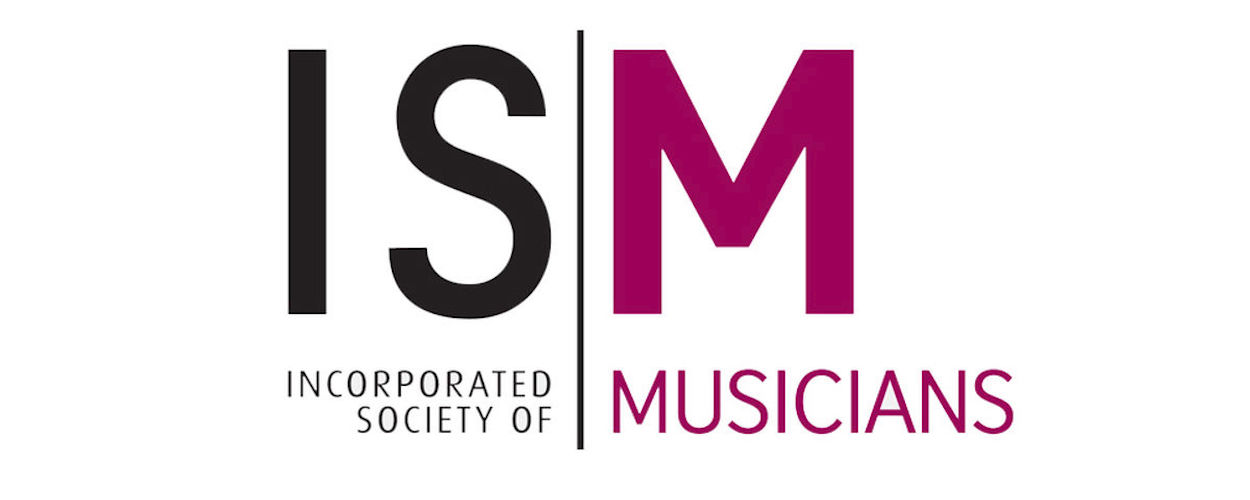This website uses cookies so that we can provide you with the best user experience possible. Cookie information is stored in your browser and performs functions such as recognising you when you return to our website and helping our team to understand which sections of the website you find most interesting and useful.
Business News Education & Events
ISM report says COVID has further cut music education and participation in UK schools
By Chris Cooke | Published on Monday 7 December 2020

The Incorporated Society Of Musicians has published a new report investigating the impact COVID-19 has had on music education in UK schools, with lockdown earlier this year and other subsequent COVID restrictions this autumn resulting in significant cutbacks in music teaching and music participation, both in the classroom and extra curricular.
As part of ISM’s survey of UK music educators, 68% of primary school and 39% of secondary school teachers reported that music provision has been reduced this year since the COVID pandemic began. Almost 10% of primary and secondary schools are not teaching music class at all, even though it is a requirement of the curriculum.
Meanwhile, extra-curricular activities, which are often a key opportunity for students to participate in music-making, are no longer taking place in 72% of primary schools and 66% of secondary schools this academic year.
Commenting on its findings, ISM states: “Studying music must not become the preserve of the privileged few, but this research has highlighted worrying inequalities for pupils at a local and national level. This has huge implications for diversity. Teachers are constantly adapting, but COVID-19 has exacerbated a postcode lottery which is contributing to an ever-widening gap between those who can access instrumental tuition and those who cannot”.
ISM’s report makes a number of recommendations for government, both UK wide, and specifically for ministers in England, Scotland, Wales and Northern Ireland. You can download the full report here.
Commenting on the findings, ISM boss Deborah Annetts says: “We are disappointed but not surprised to discover that music education provision is being reduced in our schools as a direct result of the pandemic, with opportunities for pupils to make and create music even more limited both in and out of the classroom. Our survey findings suggest all aspects of music education are being impacted, including singing in schools, practical music-making, instrumental learning and examinations”.
“It is vital that every child can access a quality music education”, she adds. “Therefore there needs to be sustained and meaningful leadership across the governments of all four nations actively encouraging safe music teaching in schools. We need to see clear, timely and consistent guidance across all four nations for the rest of the 2020/21 academic year and beyond so that music education is not disrupted further. If we do not do this then not only will less privileged children go without, but the heart of the school will be damaged in the long term”.





